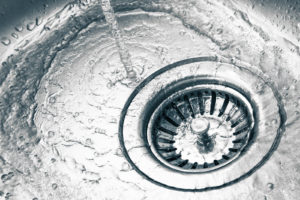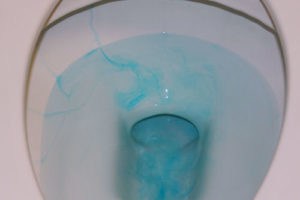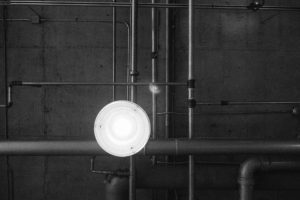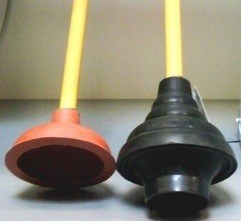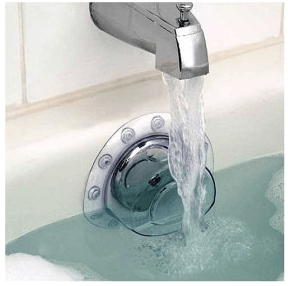Plumbing problems can not only be a nuisance, but they can also be costly and time consuming to repair. Not to mention the health risks that they can pose to you and your family. Sometimes plumbing emergencies cannot be avoided. In those types of situations you should contact a licensed, certified, plumbing professional as soon as possible. If you do need an emergency plumber right away, the best way to find one is to search online. If you’re in DC for instance, just type DC emergency plumber into your favorite search engine. But there are also a few simple tips that you can use to avoid plumbing problems in the future.
Preventative Plumbing Maintenance
Regular plumbing maintenance can prevent common plumbing problems like clogged drains or leaking faucets. For example, the easiest way to prevent a clogged drain is to avoid pour cooking oil down the drain in your kitchen sink. Pour the used cooking oil into an empty milk carton or can and throw it in the garbage.
Garbage Disposal Maintenance
Another easy way to prevent plumbing problems in your home is to routinely maintain your garbage disposal. It’s easy to maintain your disposal if you follow these simple tips. Don’t let food build up in your garbage disposal. This can not only cause bad odors but the acids from food can corrode the pipes. Use cold water when you run the disposal and run it for at least thirty seconds to ensure the waste is flushed away. If the disposal jams, turn it off right away. Then wait for several minutes before trying to reset it.
What Not To Put In Your Garbage Disposal
You should only use your garbage disposal to dispose of food waste. Never put metal, plastic, string or rubber bands in it. And you should never put flour or cooking oil down it either. And you should also avoid putting peels in the disposal. They can easily build up and clog your pipes.
Preventing Odor In Your Disposal
Use a mixture of bleach and hot water to deodorize your disposal. Fill your sink with hot water, then add a cup of bleach and let it sit for ten minutes before draining. Not only does this deodorize your sink, the bleach sanitizes it, too.
Use Drain Screens
Another simple way to prevent clogged drains is to use a drain screens. Drain screens are inexpensive, and are usually made of plastic or metal. You place them over the drain in your sink or bathtub, and they catch food, hair, soap, or other small items that can clog the drain. But remember to empty, rinse, and replace the drain screens regularly ,too.
Baking Soda
You can also prevent your drain from becoming clogged by mixing one quarter cup of baking soda, warm water, and vinegar. Let the mixture sit in the drain overnight before draining. Doing this procedure once a month can help eliminate the need for harsh drain cleansers and will be safer for both your family and the environment.
Faucet Handles
In order to ensure that your faucets don’t leak, make sure the handles aren’t too tight. Don’t crank the faucet too hard either because that will wear down the washers of the faucet over time.
Washing Machine Hose Screens
Just like a drain screen, a washing machine hose screen can make your washing machine last longer. A professional plumber can install screens on both the cold and hot water hoses so that the pumps and valves of your washing machine don’t get clogged. These are just a few of the things that you can do around your home to help prevent plumbing emergencies.




